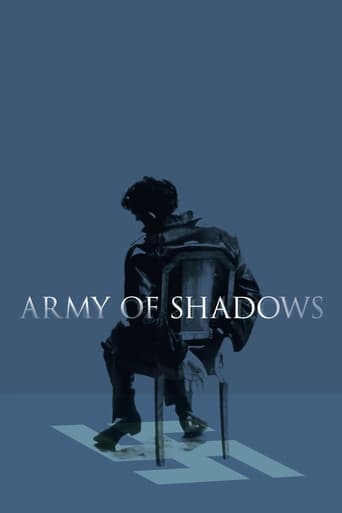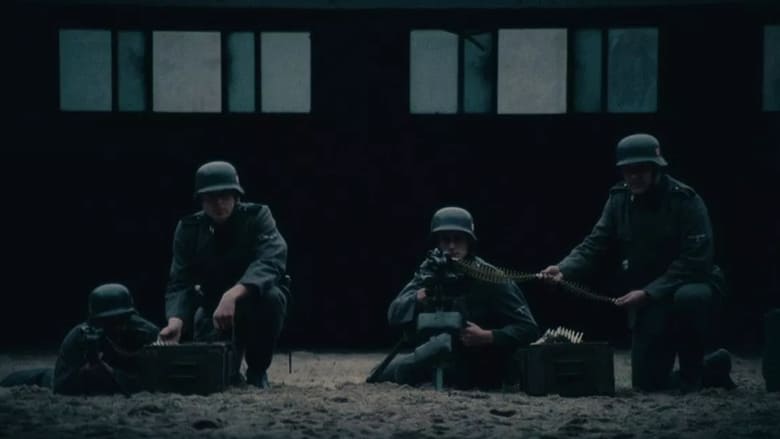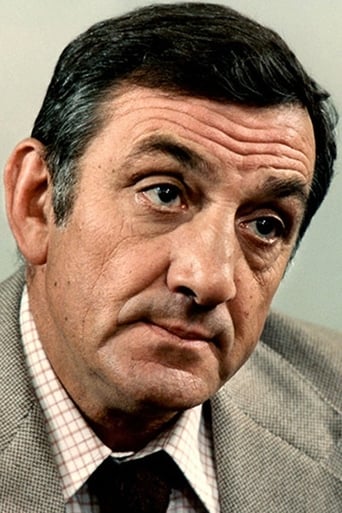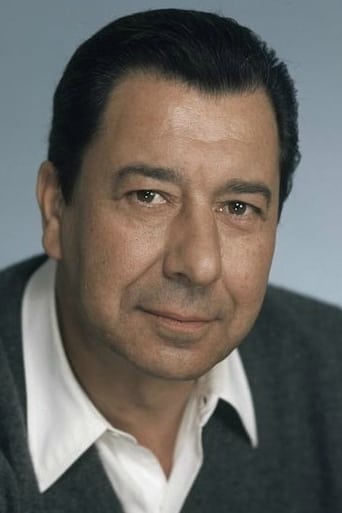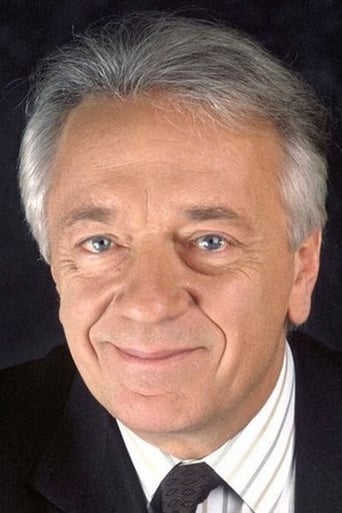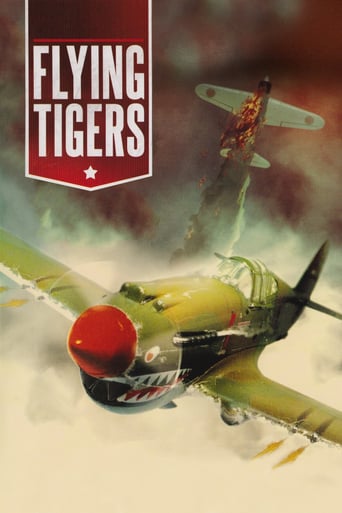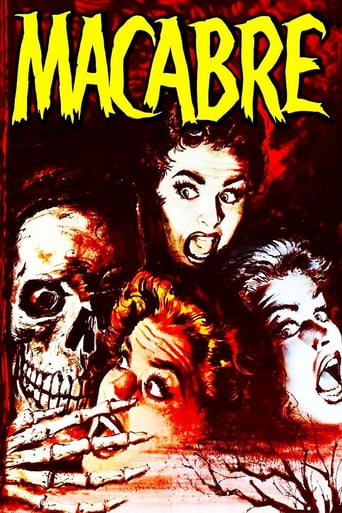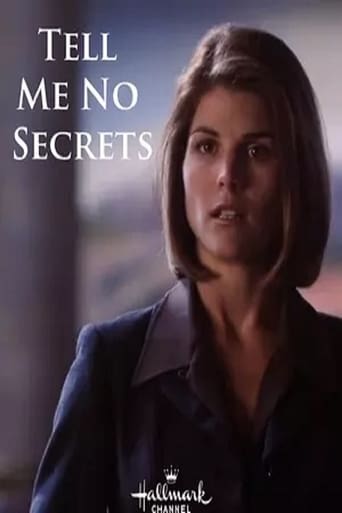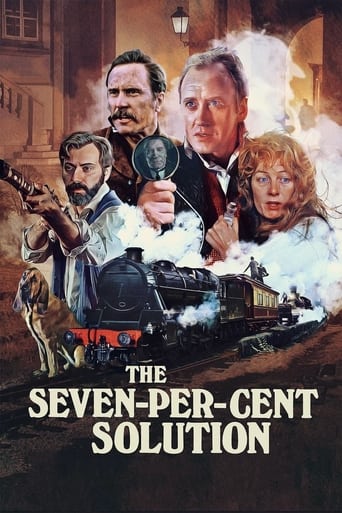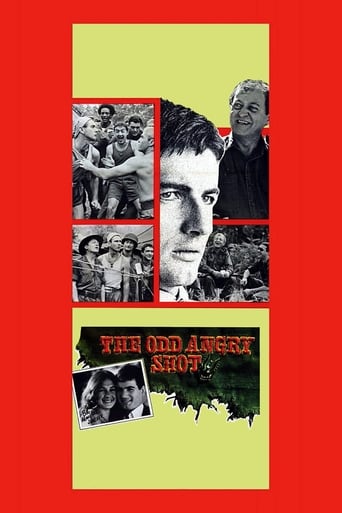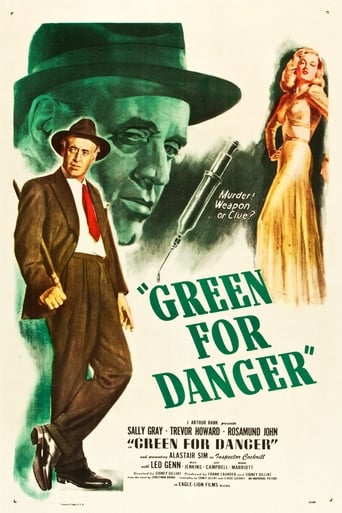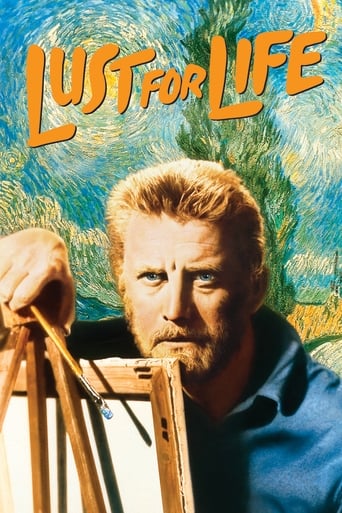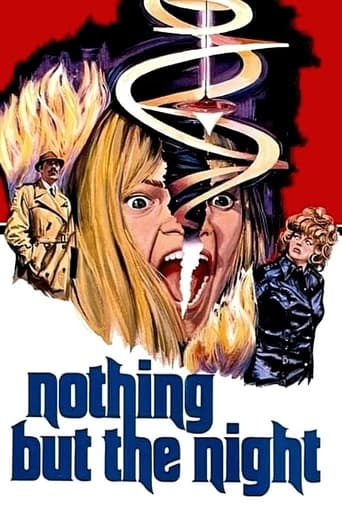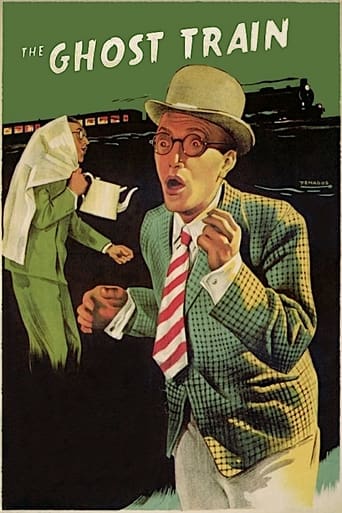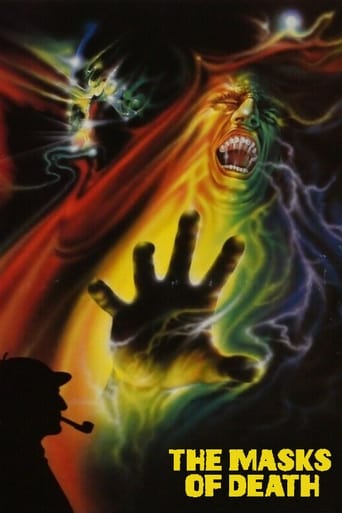Army of Shadows (2006)
Betrayed by an informant, Philippe Gerbier finds himself trapped in a torturous Nazi prison camp. Though Gerbier escapes to rejoin the Resistance in occupied Marseilles, France, and exacts his revenge on the informant, he must continue a quiet, seemingly endless battle against the Nazis in an atmosphere of tension, paranoia and distrust.
Watch Trailer
Free Trial Channels
Cast


Similar titles
Reviews
Very well executed
disgusting, overrated, pointless
Blending excellent reporting and strong storytelling, this is a disturbing film truly stranger than fiction
Let me be very fair here, this is not the best movie in my opinion. But, this movie is fun, it has purpose and is very enjoyable to watch.
I can opaquely identify the microscopic flaws of the perfect film "Army of Shadows" in meditation, but I can see why it moved me so enormously and thrilled me so intensely, and how it virtually paralyzed me with endless moments of pure soul. It was made by a filmmaker, Jean-Pierre Melville, whose movies are so flawed it's strange that he could produce a film this staggeringly great. I could spot several, whole entire scenes that are massively improvable in his other works, but with this film, not a single glitch is found. The film is about French underground resistance fighters who are not only facing the inhumanity of Nazis, but their own inhumanity. They've been forced to do unthinkably painful things, all out of pure love for their country. Having been a resistance fighter himself, I think Melville was attempting to show how they all thought and felt. He succeeded; you feel the raw emotional intensity in every scene. Ultimately, I sense the true reason it brought me to tears was its consummate depiction of the always sensitive human psyche. These characters are people we understand from the first time they are on screen. Lonely, every-day men predominate the dramatis personae of the film. I relate to Lino Ventura's character without having done an even marginal percentage of what his character has. It's almost like watching yourself in the mirror, without the romanticized self-depiction and vain. And through it all it's still startling how aesthetically alluring the whole affair is. The film's color palate consists of a primarily marble-like blue, with occasional touches of a warmer hue for a subconsciously apprehensive punch. All the shots are arresting and poetic in their abstract austerity, and the movement of actors and objects is so fluid that it never excites solely by nerve-wracking camera motion, but by situational suspense and facial expression. Melville often extends moments to unusual length, instead of condensing shots, which in turn heightens the intensity of scenes to often unbearable proportions. It really is strange that a director so obviously influenced by American cinema would make a movie so quintessentially French, and yet never let instances of tension and sorrow escape its clutches. Even though it's clear where Melville borrowed from his earlier works it's all for the sake of a magnum opus, and it pays off. Army of Shadows is art, and the peak of filmmaking. It's the greatest film I've ever seen.
This is one of the most chilling and emotionless depictions of the french resistance during World War 2 ever put to film.You expect to see ruthlessness from the Nazis shown in this two and a half hour raw representation of 1940s resistance underworld but it's the allied sympathisers whose true colours shine through. The monochromatic palate and the undeniable 1960s filming style reflect the lack of remorse the cold killers of the central "protagonists" posses.The whole film feels like a crisp morning with interspersed action emphasised by the random quick zooms that creates tangible tension. This reminds us of the overwhelming fascist presence and the immediacy for retaliation that this requires.I would highly recommend this film to those who enjoy international films or love period pieces that truly deliver in all aspects in which they require to create a film that keeps you on edge for it's entire duration.
"Army of Shadows" looks like it was made in the '40s. It was in fact made in 1969 by Jean-Pierre Melville. Its timing couldn't have been worse, as De Gaulle was unpopular at the time. This film was thought to glorify the Free French Resistance and therefore DeGaulle. It wasn't until later that it was discovered as a true masterpiece.A little history here - France didn't feel it could beat the Nazis (how many Frenchmen does it take to defend Paris? No one knows, it's never happened) but DeGaulle knew that France could and formed the Free French Resistance. The story takes place in France, 1942, during the Nazi occupation. Philippe Gerbier (Lino Ventura), who also narrates, is one of the major heads of the French resistance. He escapes from an internment camp and joins his group in Marseilles. What we see then is the true workings of the French resistance - the daily sacrifices, the loyalty, the arrests, working on escapes, the killings, the hiding, and doing what they must not only to survive but to keep the movement alive. Simone Signoret is Mathilde, one of the bravest and most admired resistance fighter. A wonderful performance as always, that of an earthy woman who seems to be the rock of the group.Lino Ventura, a fascinating man in his own right, is efficient in his performance, so non-spy or resistance-like, demonstrating that bravery and fight are not just for the young.There is nothing James Bond-like here, no CGI, just life for the Resistance during World War II. Torture is alluded to but not shown. One of the best moments is an act of heroism that takes place in prison.The film is based on a novel by Joseph Kessel, which mixed in his own work with the Resistance. Jean-Pierre Melville, the director, aided and abetted by Alain Delon, invented the cerebral hit man. Though best known for his crime movies, this is perhaps his best work. Beautifully photographed in muted colors, the dialogue until the end is spare, as is Melville's clean, straightforward direction.Though this is an exceptional film, I want to point out some others - some reviewers talk about the resistance being glamorized. Perhaps in Hollywood, but I would highly recommend Female Agents and Carve Her Name with Pride as two wonderful films that endeavor to tell the story of true, quiet heroism. Watch it through to the end, as the film gives the fate of many of the characters.Don't miss an opportunity to see this sobering film.
At 150 minute this French film from the late 1960's sat on my queue as one of those 'should watch' films more than a 'want to watch' or 'easy watch' titles; I know all of us on IMDb would love to be considered great connoisseurs of cinema, but for me at least this was the case and it was only my desire to have something a bit heavier one evening that had me sit and watch it. From the very start the tone is very deliberate, slow and still. There are no great action sequences such as you would expect in a regular war movie (ironically the closest we get produces one of the few weak moments in the film) and instead the resistance is about communication and supporting Allied efforts in small but meaningful ways.Based on reportedly the definitive text on the subject by Joseph Kessel, this film has a very authentic feel to it throughout and I can understand why some feel it is too long and too slow, because it is long and it is slow. However, I didn't feel like this was a problem in the film – which was a nice surprise because I was braced for it to be this way. Instead the slow pace means that tensions are built up and the risks are tangible. It is one thing to say people are risking their lives and another to really appreciate what that means; this film tries to give us that feeling or risk, of real danger – not of dodging bullets (although again, when it does, it is a weaker moment!) but more of just risk of discovery, of betrayal and the near certainty of death as a result.It is not only the tension that this approach supports, because the film also makes it clear the threat to the humanity, and the moral mess of their actions and motivations. Hearing the inner thoughts of the characters at times was a useful device and it fitted with the film since it did generally have a meditative quality to it. The sparse dialogue and in particular the minimal use of any sort of score also aids the feeling of something real and as a result I found it additionally engaging, gripping and moving. This is not to say it is without its faults; once or twice I thought it dragged a bit although ironically my main issue with the film was probably the biggest moment of action, which was in the machine gun alley; not to ruin anything for anyone, but it is highly unlikely as a bit of plotting and it stands out awkwardly in a film that seems to be all about responsible realism.Performances are strong across the board, with a lot being done between the words and a lot of meaning discovered in small gestures. The camera sits back and lets them work and we have lots of steady, patience shots which look good and add to the still tension of the piece. It is perhaps not the easiest film to sell, but it delivers a responsible and engaging drama on the resistance, shunning sentiment, flamboyant heroic sacrifice and big action set pieces but instead showing the small but meaningful actions which came with high risk and severe consequences.

